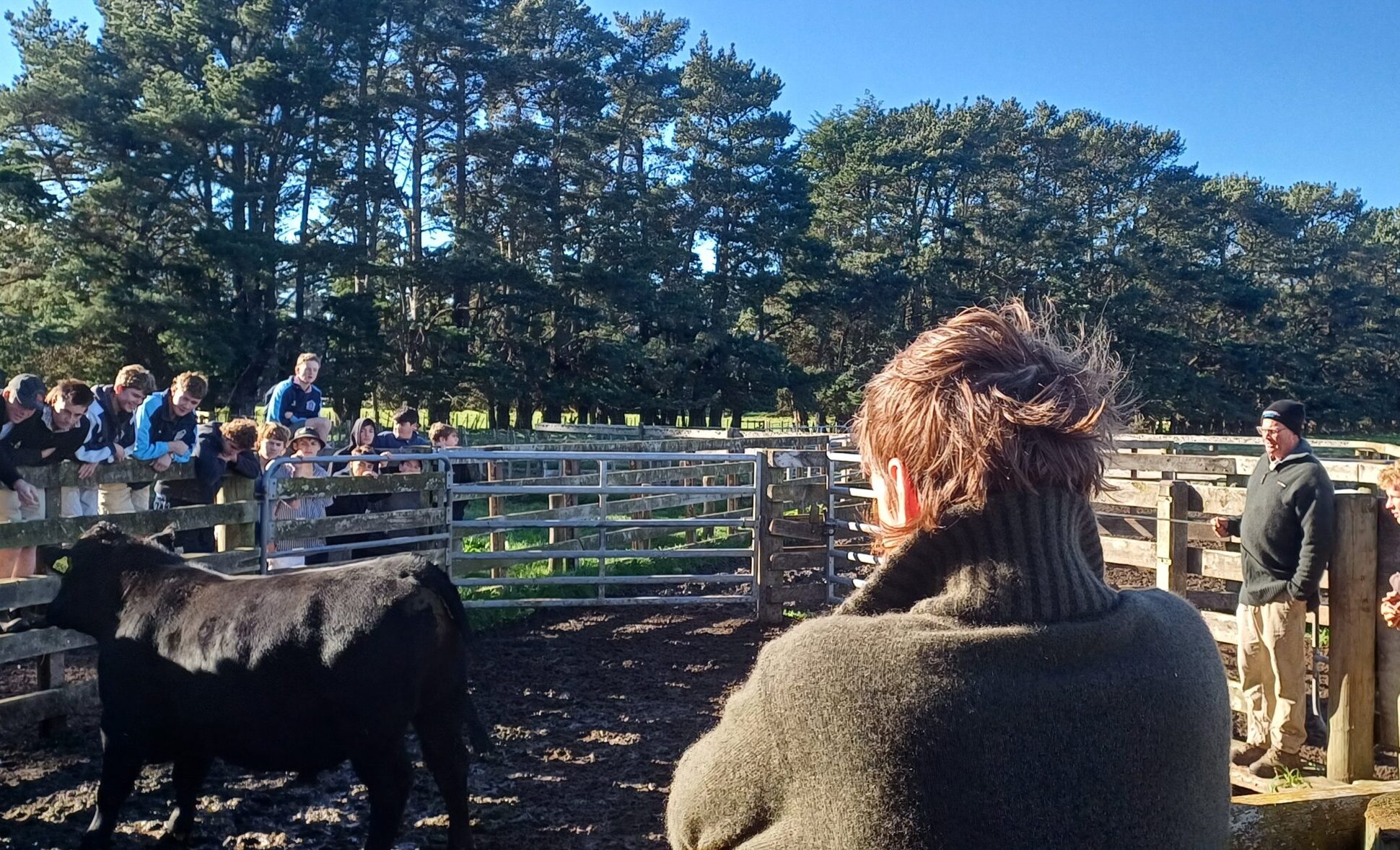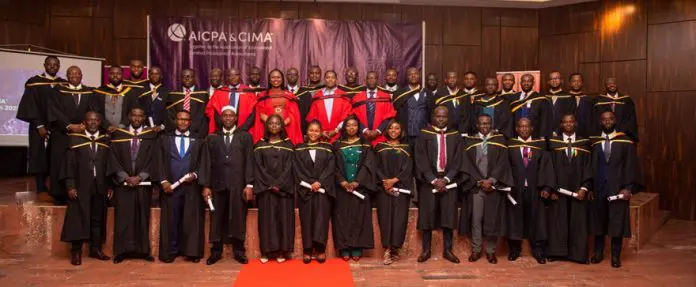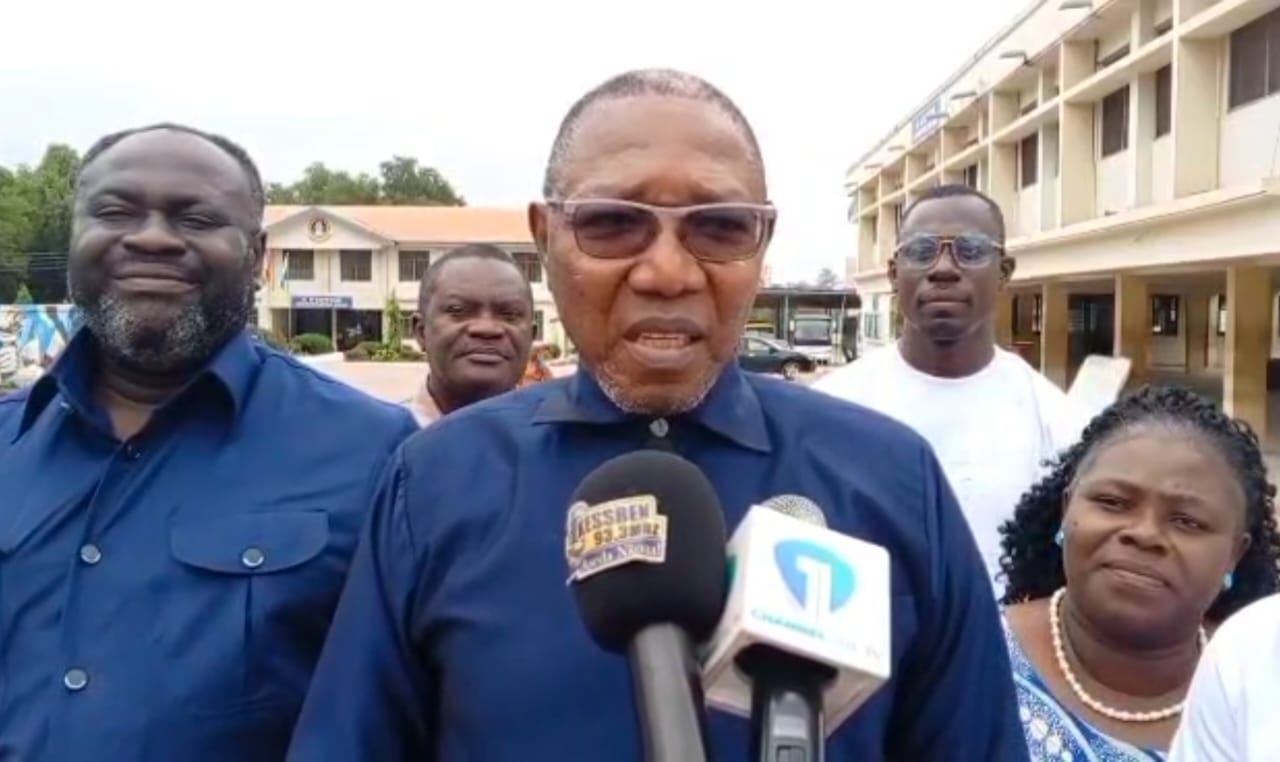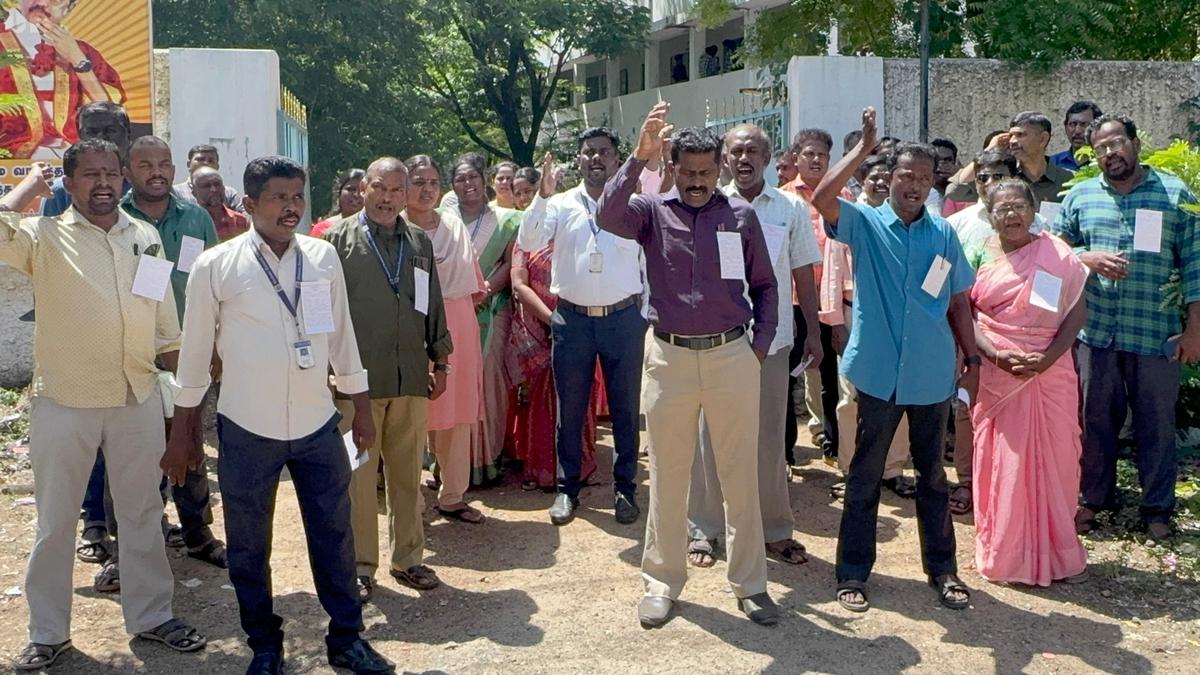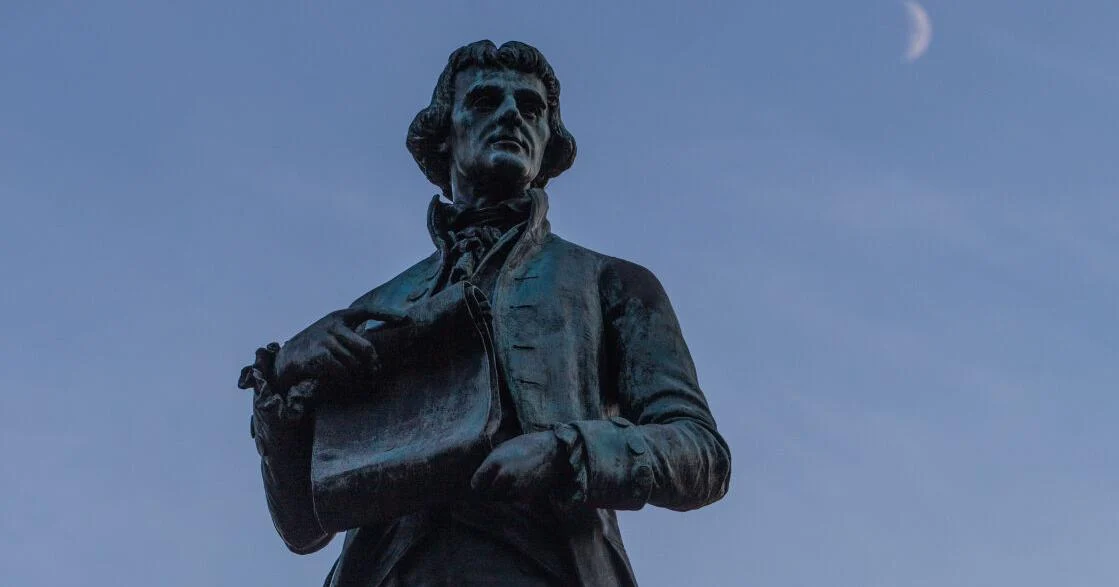
Artificial intelligence, emergency response services and the study of so-called forever chemicals are among the fields benefitting from more than $750,000 in grants recently awarded by the University of Virginia Alumni Association’s Jefferson Trust.
The Jefferson Trust aims to invest in student disciplines that will eventually benefit not only UVa students but the entire university community.
“In an era of change across Grounds, the University community has shown they will not be stagnant or wait for change to come to them,” Jefferson Trust Executive Director Brent Percival said in a statement announcing the grants. “Through these grants, students, faculty, and staff are building the future, and the Jefferson Trust is honored to support their efforts.”
The trust offers both long-term major cycle grants and short-term flash cycle grants. Major grants have historically been awarded twice a year, in the fall and spring semesters, and flash grants just in the spring. Since it was founded in 2006, the trust has invested roughly $16.8 million in student, faculty and staff projects in and around UVa Grounds. Grants in the major cycle typically range from $10,000 to $30,000, but there are no minimums or maximums on the amounts awarded.
This year’s eight major grant winners were whittled down from 24 proposals requesting a total of roughly $4.2 million for the upcoming fall major cycle. They include:
A UVa EMS Response Initiative, which received $254,000 to establish a student-operated basic life support, or BLS, emergency medical services agency at UVa. The trust projects the initiative will help students gain experience through real-time emergencies as well as improve response times to emergencies on Grounds.
The UVa School of Data Sciences, which received $154,543 to develop an AI chatbot to help teaching assistants with routine work, allowing them to focus on helping students and their own professional development.
The UVa Institute of World Languages, which received $32,000 to create courses to encourage students to learn language skills in different disciplines.
A multidisciplinary team, which received $81,532 to assess the levels of microplastics, nanoplastics and per- and polyfluoroalkyl substances, otherwise known as PFAS or forever chemicals, in the human valves of patients undergoing open-heart surgery. The money is intended to establish UVa as a leader in the emerging fi
eld of forever chemical research.
Radio station WTJU and the UVa Robertson Media Center, which received $120,000 for the creation of the Virginia Audio Collective, a comprehensive podcasting platform to train students in podcast production, launch 25 to 30 new podcast series and provide hands-on experience for students while integrating with academic departments.
The DemCap Classroom, which received $75,000 to provide K-12 educators with interactive videos and readings offering resources to education students on capitalism and democracy.
The Learning Hub, which received $10,000 to expand its already-existing hub providing AI avatars that mentor first-year UVa students and provide study strategies through AI-guided learning.
The UVa Student Self-Governance Project, which received $25,000 to document and showcase student self-governance, a trademark of UVa as established by Founding Father Thomas Jefferson, through multimedia storytelling.
This year marks the first time Jefferson Trust flash cycle funding will be available in the fall. Flash funding is meant for short-term projects that have an immediate use for money. Flash grants are capped at $10,000 per grant until the semester’s $100,000 allocation is expended.
Those interested in applying for the upcoming round of flash grants should begin their letter of inquiry for the spring cycle. The deadline for application is next Tuesday. The trust does not fund ongoing projects, fundraising or political activism. Letters selected will be invited to submit a full proposal and later an in-person interview with the trust’s board.
For more information, contact the Jefferson Trust grant director Amy Bonner at (434) 243-9078 or abonner@virginia.edu.
Want to see more like this?
Get our local education coverage delivered directly to your inbox.
* I understand and agree that registration on or use of this site constitutes agreement to its user agreement and privacy policy.
